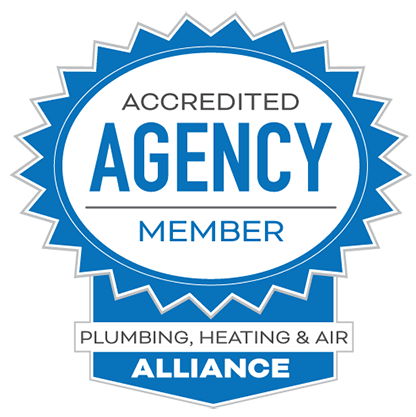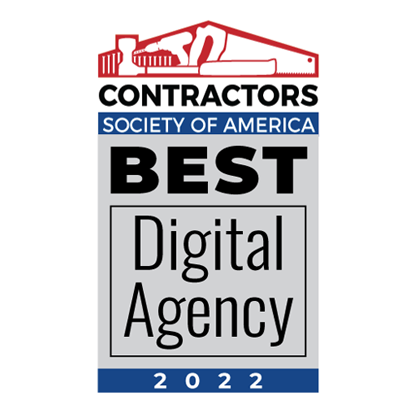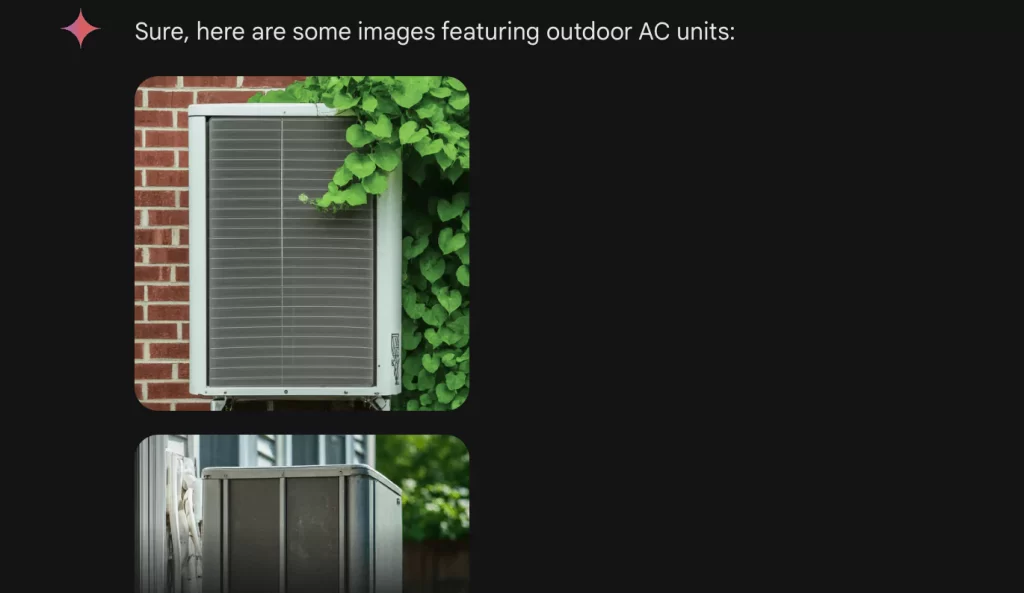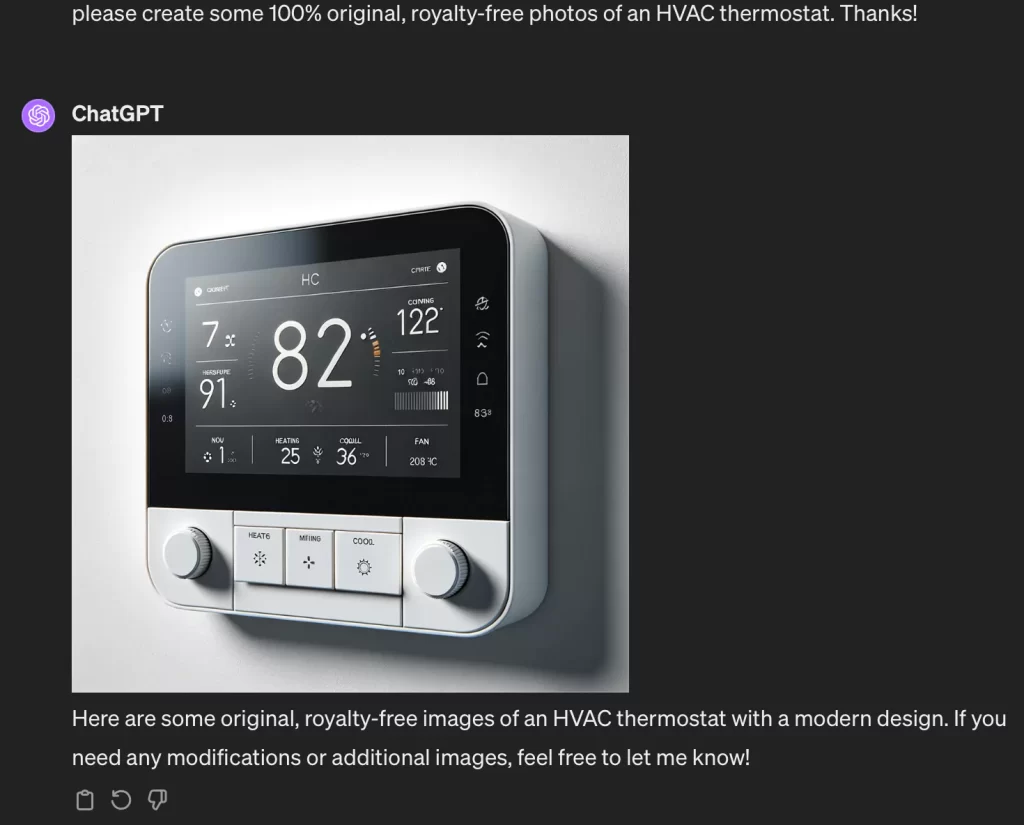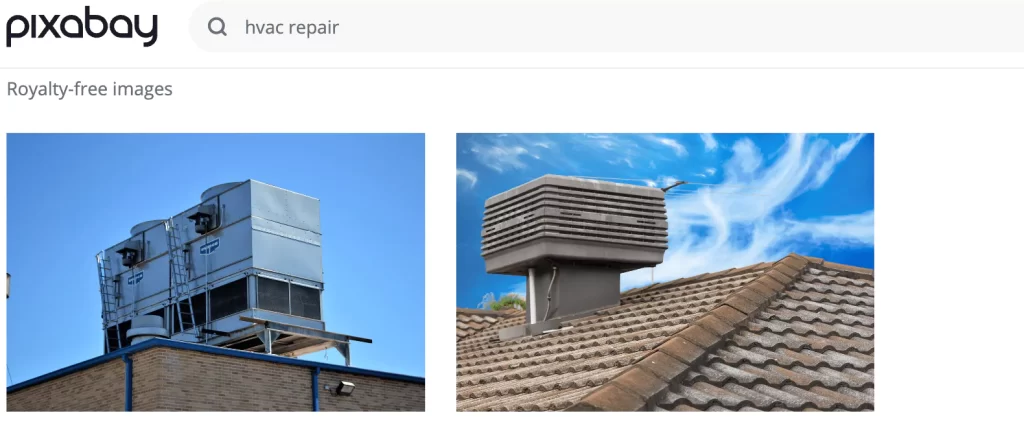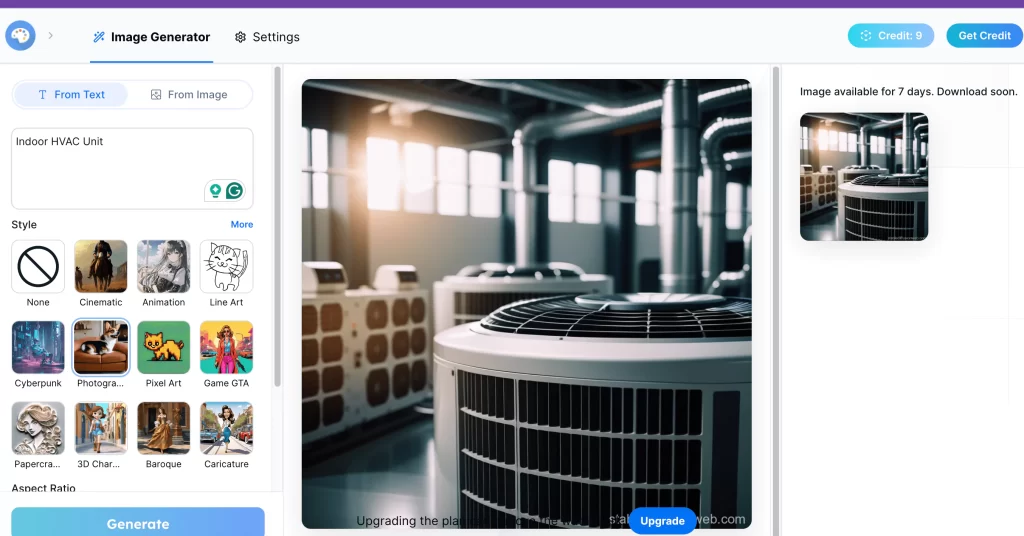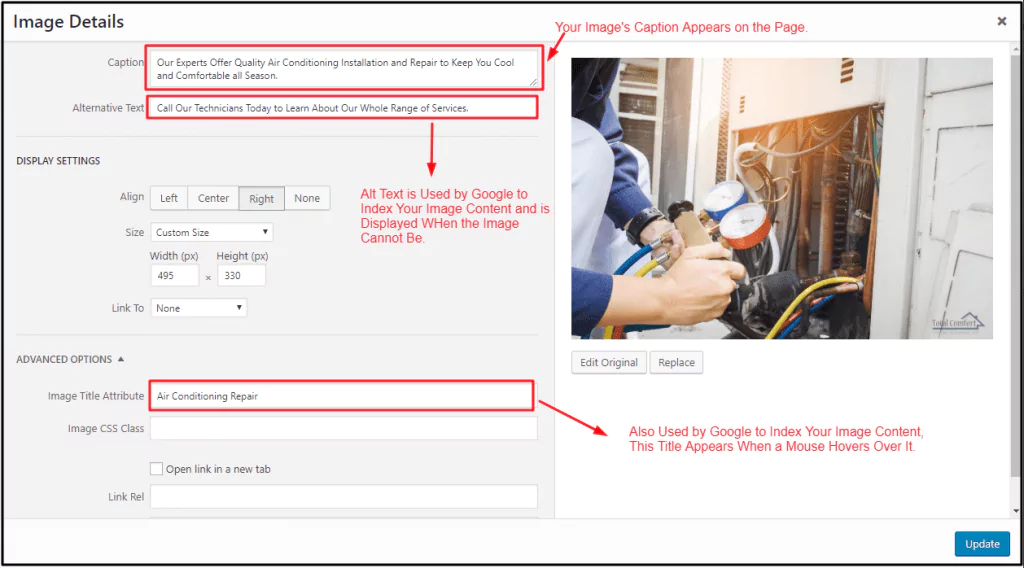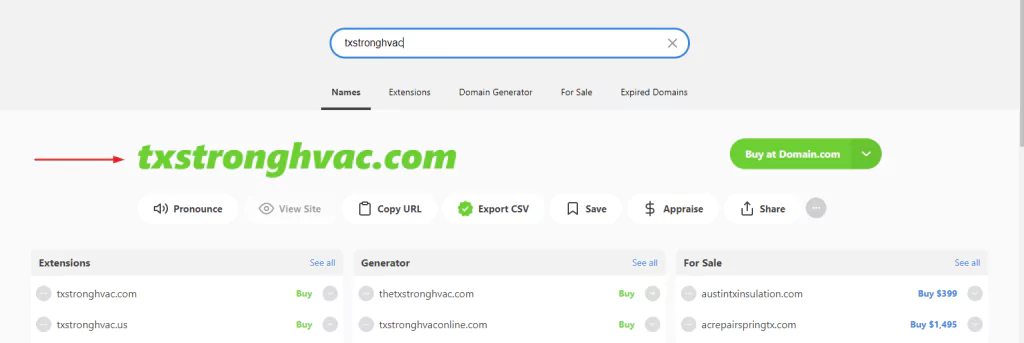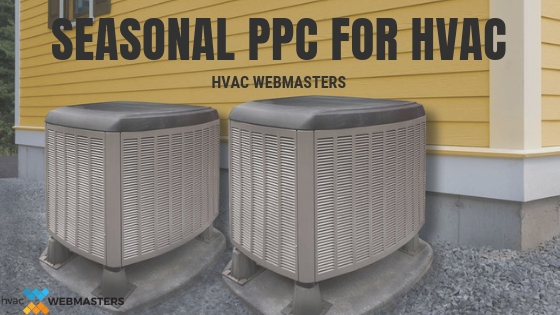
HVAC companies should approach PPC campaigns differently based on the season. Consumers’ demand for service types varies based on winter, spring, summer, and fall. That brings us to the concept of seasonal PPC for HVAC companies.
To maximize your paid advertising budget, campaigns should target the consumers’ needs, which will vary according to temperature, weather, and other seasonal variations. The following podcast explores how companies should approach PPC by season.
Suspending PPC Campaigns During Down Seasons
In some cases, suspending PPC campaigns altogether makes sense for periods. If there’s an exceedingly low demand for any services you offer, there’s little value in pursuing clicks that are unlikely to come, and if and when they do come, it will be highly irrelevant. In summary, PPC campaigns should vary by season for the following reasons:
- Budget: The amount HVAC companies should spend on ads varies by season
- Demand: The need for specific services changes with the seasons
- Variation: The type of service required varies by season
Google Ads, formerly AdWords, is not the only platform on which an HVAC contractor can buy ads. Companies can also utilize social media advertising, specifically on Facebook, Instagram, & YouTube. Like Google Ads, maximizing ad campaigns on social media is a seasonal cat & mouse game. Your goal as a contractor is to maximize your financial resources to produce the most significant ROI.
The bottom line is what matters to most companies, and efficient deployment of marketing dollars holds the most significant influence over your bottom line, whether that’s at the end of a month, quarter, or year. With intelligent PPC management considering season, supply, & demand, the sky’s the limit for heating & cooling professionals.
Using PPC With Organic SEO
PPC works well in pockets of time, but organic SEO can keep money coming in all year long. During the low points of an HVAC season, consumers will still be looking for maintenance. It’s often not worth buying PPC ads for the term maintenance because the volume is not high enough.
Establishing an organic ranking for that keyword term won’t have to pay to get those leads year-round. Since you can cut your PPC budget during these periods, your ROI will be substantially higher than it would have been with a straight Google Ads campaign. Here’s why an organic SEO foundation is critical for year-round leads:
- Budget Efficiency: Make the best use of your marketing resources
- ROI: Earn a greater return on investment
- Sustainability: Keep phone calls coming in year-round
Sometimes contractors mistake PPC as the ultimate quick fix for online marketing. While paid ads have great value when properly managed, they are also dangerous to rely on as a singular entity. PPC and SEO are not mutually exclusive concepts but work well together and best when combined.
Even when securing a top ad spot, 76% of users will scroll down and click the organic result. That means you must be present on organic as well. Not only that, but once a user clicks on an ad, they will only stay if the landing page is well optimized with informative content that facilitates a good user experience. SEO lays an excellent foundation for subsequent PPC campaigns in all seasons.
Seasonal PPC Tips for HVAC Companies
As the autumn season arrives, a temperature change will affect HVAC businesses, some more so than others, depending on their geographic location. HVAC companies that know how to take the best advantage of Pay Per Click (PPC) marketing can use seasonal changes to their advantage and use market inefficiencies to keep business optimal year-round.
Consider these 3 PPC tips for HVAC contractors:
Tip 1: Change Your Keyword Targets
Each season, the market demand for heating and cooling services go up and down. For example, during the summer months, contractors should see a boost in demand for the following services:
- AC Repair
- Central Air Installation
- Ductless AC Repair / Installation
In contrast, the cooler months, particularly winter in most regions, will see a boost in these service types:
- Furnace Repair
- Heater Installation
- Heater Maintenance
The spring and fall seasons will also see spikes, perhaps not as pronounced as the summer and winter months, but also highly dependent on the location and climate. Regardless of the circumstance, keyword targets should align with the seasonal market demands.
Using keyword research tools and location targeting, contractors can highlight services depending on their needs within a given service area and at a certain period.
Tip 2: Geo-Targeting Ad Campaigns
With knowledge of seasonal-dependent keyword relevance, contractors should further optimize their PPC campaigns with location targeting. While there are several ways to cut wasted ad spend, one often overlooked factor is geo-targeting. Consider these three tenets of geo-targeting:
- 1. Only market where you serve – advertising to users who live outside your service area wastes marketing dollars on people who cannot convert into customers
- 2. Run location-specific campaigns – The appeal of an advertisement will vary based on the location; one way to optimize revenue is to alter campaign ads to target the consciousness of specific communities
- 3. Supply for Demand – Pockets of towns and cities within your service radius might require a particular HVAC service type, which you can then market to and create that opportunistic supply
Much like keyword variance, location-specific targeting takes advantage of market variables. Like the seasons call for different types of services to be in greater demand, so do locations. Effective marketing is really about connecting with the consumer, and understanding how each of them is different, helps you segment PPC campaigns.
Tip 3: Spend Marketing Dollars Wisely
The 3rd and final PPC suggestions for today’s post are related to both of the previous ones. It ties them together as a complete marketing objective. To keep your revenue consistent year-round, you must account for market variables, including seasons, locations, and more. But to indeed have this strategy work optimally, you must set a dynamic budget.
Seasonal Budgeting
Just as we said, keyword relevance fluctuates based on season, so too does the amount a company should spend on paid search. In certain climates, budgets for the spring and autumn seasons may require a significant decrease in investment. Since homes are not too hot or not too cold, families become less reliant on heating and cooling units. During these seasons, there is still opportunity, and both optimizing and budgeting for them helps keep revenue at its optimal and consistent level, regardless of time.
Weekly and Monthly Budgeting
Exactly how specific can budget control get? Extremely. Today, there is so much data that marketers can determine the very time of day that a person is most likely to spend money on home service repairs. With this knowledge, companies can scale budgets based on something specific as a month and even a week. A review of your previous ad campaigns can help determine which months have been most successful in the past and why that was the case.
The bottom line for HVAC PPC campaigns is efficiency. Squeezing every last dollar out of the campaign based on research-supported targeting adds up to an impressive total at the end of the year. HVAC Webmasters can help you with every aspect of your PPC campaign.
Podcast: Play in new window | Download


